
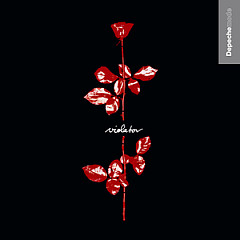
"Personal Jesus," a song about "being a Jesus for somebody else," was inspired by Elvis and Priscilla Presley.

"The Rubberband Man" is a "short, fat guy" with rhythm and grace. Spinners producer Thom Bell wrote it to boost the self-esteem of his rotund son.

Taylor Swift's “Shake It Off” was inspired by how she'd learned to deal with all the false rumors that circulated about her. "The only thing we can control is our reaction to that ,” said Swift. "You can either let it get to you … [or] you just shake it off."
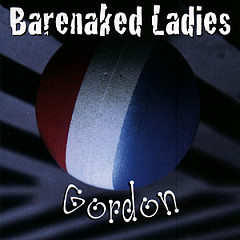
Brian Wilson played Barenaked Ladies "Brian Wilson" at some of his concerts. He was "honored" by the song.
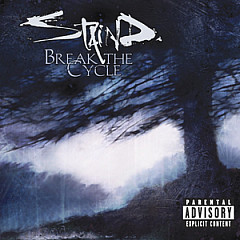
Staind's big moment came in 1999 when lead singer Aaron Lewis played "Outside" on Limp Bizkit's Family Values tour. The live, acoustic version earned lots of radio play.
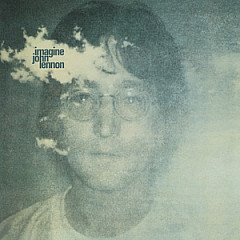
Yoko Ono has always denied requests to cover "Imagine" with the line "no religion, too" omitted or changed.

The Guns N' Roses rhythm guitarist in the early '90s, Gilby talks about the band's implosion and the side projects it spawned.
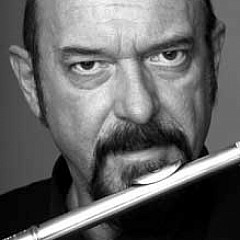
The flautist frontman talks about touring with Led Zeppelin, his contribution to "Hotel California", and how he may have done the first MTV Unplugged.

Rock Stars - especially those in the metal realm - are often enlisted for horror movies. See if you know can match the rocker to the role.

Rufus Wainwright on "Hallelujah," his album Unfollow The Rules, and getting into his "lyric trance" on 12-hour walks.

Zac tells the story of Hanson's massive hit "MMMbop," and talks about how brotherly bonds effect their music.

Does Angus really drink himself silly? Did their name come from a sewing machine? See if you can spot the real stories about AC/DC.